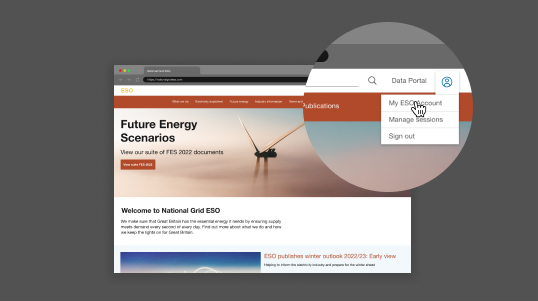
Is COVID-19 impacting solar efficiency?
13 May 2020 - 3 minute read
You may have spotted recently that the record for solar generation was broken, but why? Is it related to good weather, or could this be another impact of the COVID-19 pandemic?
Last month we saw the record for solar generation at one time. This comes at the same time as the UK saw the sunniest April since records began. Recently, we discussed the low demand for energy in the UK due to the impact of COVID-19. There is no doubt that one of the few positive impacts of this pandemic is the improvement in air quality and drop in pollution. A number of cities have reported an improvement in air quality, and the canals in Venice are the cleanest they’ve been for a long time. Closer to home a report stated that there has been up to a 60% year on year reduction in nitrogen dioxide (NO2) in some cities.
There are many reasons for the drop in pollution such as up to 20% reduction in UK energy use (mainly due to reduction in industry), lack of commuting, and barely any flights.
How does pollution impact solar generation?
Solar panels work most efficiently when they get direct sunlight. For the same reason as why solar isn’t as efficient when its cloudy, pollution does the same thing – if there is a lot of pollution in the sky, then not as much direct sunlight will hit the panels. The light bounces around in the cloud or off the pollution.
Although we don’t have exact data on solar efficiency since the lockdown started, a report in India stated the impact of air pollution on solar generation. Aside from the obvious health issues associated with air pollution, the report found a drop of over 9% in solar efficiency in Beijing.
On a cloudy day, solar still works – it just isn’t as efficient due to the lack of direct sunlight. Wind turbines will often reach their maximum output, but it’s unusual for the conditions in the UK to be perfect enough for solar PV to do so.
In short it may be that we witnessed a solar record due to the sunny weather last month, but the drop in pollution can’t be doing any of us any harm. So far this year we‘ve had warm weather, lots of clear weather and low amounts of rain. Add in the lack of pollution and it all provides optimal conditions for maximising solar PV efficiency. As we get longer days it’ll be interesting to see if the solar output can be broken again.
What role does solar power play in GB electricity?
The GB system is changing quickly and we’re seeing more renewable sources of electricity, such as wind and solar, come into the market, replacing traditional fossil fuelled generation. In fact you can see real time information on how GB’s electricity is being produced, including the % of solar generation, on our free Carbon Intensity app.
A complex set of processes are involved in keeping the power system stable and currently those processes, the foundations of the electricity system, rely to some extent on the intrinsic nature of traditional fossil-fuelled generation.
Over the past year we have begun transforming these foundations, designing new approaches. New technology means that as well as wind and solar farms providing power, they can also be used to manage key properties of electricity such as frequency and voltage.
In fact by 2025 it’s our ambition to be able to operate the electricity system at zero carbon – without the need to burn fossil fuels to keep it stable.
